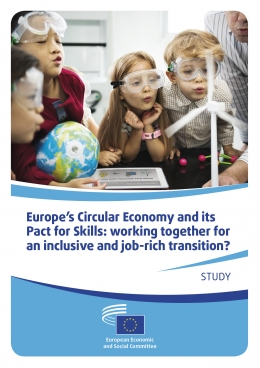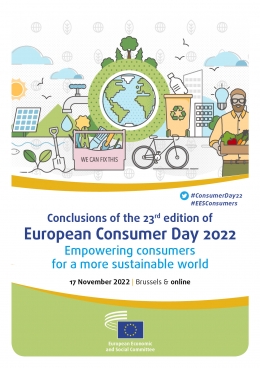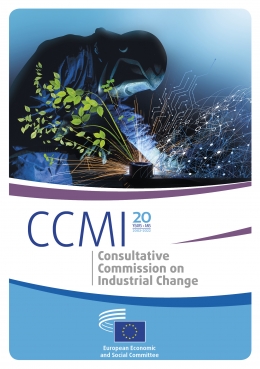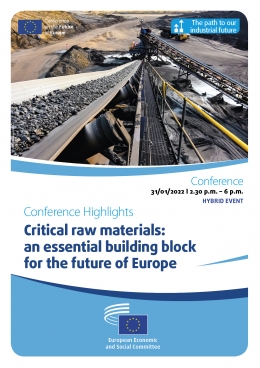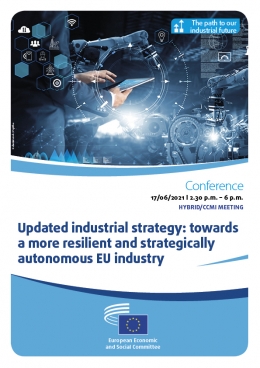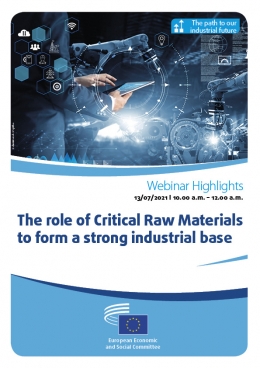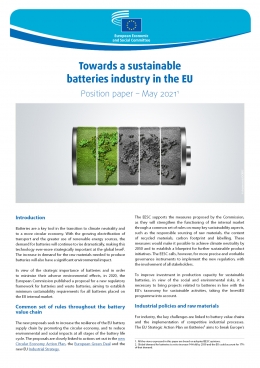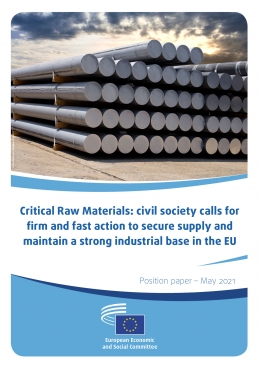European Economic
and Social Committee
Ringmajandus
Üleminek ringmajandusele on komitee tegevuskavas tähtsal kohal kui lahendus kliimakriisi vastu võitlemiseks ja meie planeedi kaitsmiseks. See on kodanikuühiskonna jaoks suurepärane võimalus, sest see võib aidata
- suurendada Euroopa tööstuse konkurentsivõimet;
- edendada kestlikku majanduskasvu;
- luua uusi töökohti.
Tootmis- ja tarbimismudel „võta-ja-tekita-jäätmeid“, mis praegu endiselt majanduses domineerib, mitte üksnes ei põhjusta ressursside raiskamist, vaid kahjustab ka võitlust kliimamuutuste vastu. Erinevalt lineaarsest majandusest on ringmajandus olemuselt taastuv ja taastav, see keskendub majandusliku väärtuse loomisele ja säilitamisele, lahendades ülemaailmseid keskkonnaprobleeme, nagu kliimamuutused, elurikkuse kadumine ja reostus, tuues samal ajal majanduslikku kasu.
Hea uudis on see, et ringmajandusele üleminek on kohapeal juba toimumas. Kodanikuühiskonna sidusrühmad, sealhulgas ettevõtjad, ametiühingud, akadeemilised ringkonnad ja teadmuskogukonnad, noorteorganisatsioonid ning valitsusvälised organisatsioonid ja muud huvirühmad loovad ja rakendavad kohalikul ja piirkondlikul tasandil mitmeid ringmajanduse algatusi. Euroopa parim võimalus kiirendada üleminekut ringmajandusele on edendada ringmajanduse lahendusi ja asjaomaste sidusrühmade juhirolli.
Seda silmas pidades loodi 2017. aastal komitee ja Euroopa Komisjoni ühisalgatusena Euroopa ringmajanduse sidusrühmade platvorm, et koondada Euroopa ringmajanduse kogukonda. Sidusrühmade veetav platvorm toetab Euroopa üleminekut ringmajandusele, soodustades dialoogi, teadmiste jagamist ja parimate tavade vahetamist.

